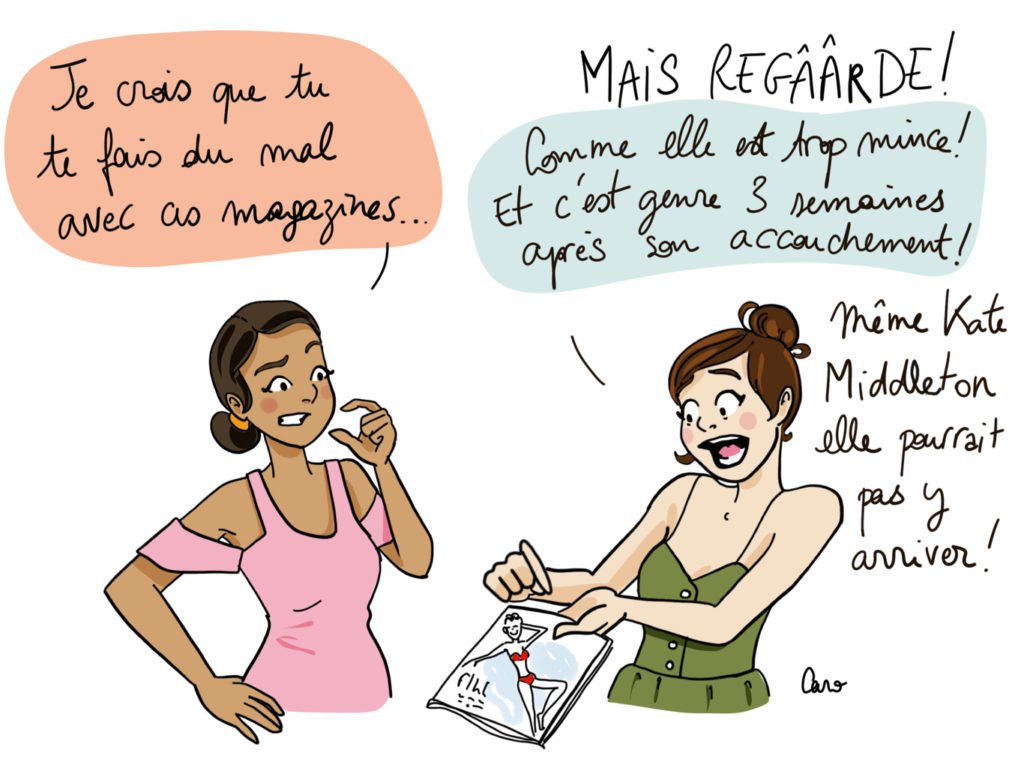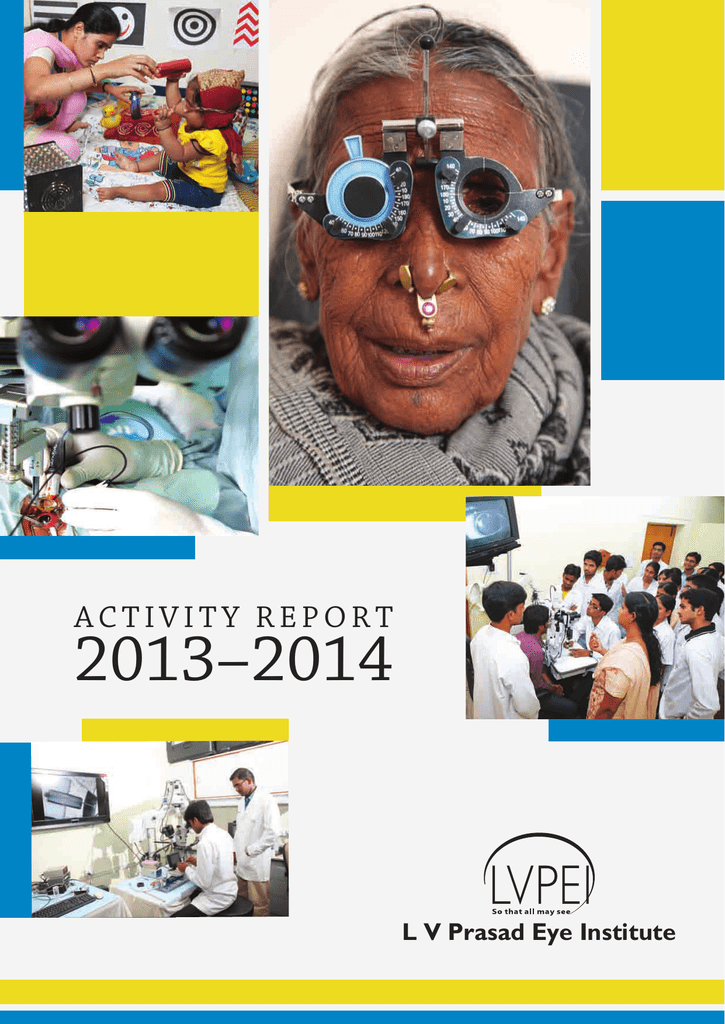

The political history of the Japanese imperial project also marked an important anniversary. Ten years after that, in 1948, the International Military Tribunal for the Far East ended, drawing a line under a project called “the Empire of Japan.” Eighty years ago, in 1938, the Battle of Lake Khasan (also known as the Changkufeng Incident) took place. Ten years before that, in 1908, the Russian diplomatic mission in Tokyo was elevated to the status of embassy. One century ago, in 1918, the Japanese troops landed in Vladivostok and began an intervention into Russia ravaged by a civil war. The more so since the year 2018 was rich in dates significant for the countries’ common history. To understand the reasons behind the current state of affairs and ways to remedy the situation one should forget for a moment about the motley flow of online news and look at Russia-Japan relations through the lens of history. Such a stark contrast in the attitude to each other has far deeper roots than the territorial dispute that emerged after World War II. This state of affairs has remained practically unchanged over the last 30 years, with actual figures showing only minor fluctuations (Levada, 2018). According to a Levada Center survey conducted in November 2018, 61% of Russians have a friendly attitude to Japan, and only 20% feel unfriendly. In the meantime, similar polls in Russia draw the opposite picture. It is one of the most disappointing indicators that is even worse than the level of friendliness/unfriendliness displayed by Japanese respondents towards China (20.8% vs 76.4%) and South Korea (39.4% vs 58.0%)-countries involved in unremitting disputes with Japan over territories and interpretations of history (The Cabinet Office, 2018). According to the October 2018 poll conducted by the Cabinet of Ministers’ Office, a mere 17.7% of the Japanese are well-disposed towards Russia, while 78.8% have no friendly feelings. However, the disputed islands are only the visible part of the pile of toxic problems that spoil relations with Russia, whose image remains unfavorable in the eyes of most Japanese. This attitude is particularly characteristic of Japan, where virtually any piece of news about negotiations with Russia opens with the mantra that the newly appointed prime minister pledges to settle the issue of “northern territories” and conclude a peace treaty. These two issues, glued tightly together by more than half a century of disputes, are seen by many as synonymous to Russia-Japan bilateral relations. Russian-Japanese relations often made the headlines over the last two years, with the territorial dispute and peace treaty invariably being the focal points of reports and commentaries.

The study shows an unprecedented transformation of Russia’s image in Japan over the years and analyzes the Russo-Japanese territorial dispute in a new perspective.

The paper also examines the harsh geopolitical rivalry between the two countries during the 1930s, “strange neutrality” during WWII, and the Soviet-Japanese war in August 1945 as the final factor that brought Japan to a surrender and drove the final nail in the coffin of its imperial project. Cooperation with Russia after 1906 was the most effective instrument for Japan’s further expansion on the continent, while the intervention into Siberia after 1917 came as the first alarm signaling the limits of that expansion. However, it also predetermined the political rise of its military circles, which ultimately worked as a time bomb breaking the foundation of the newborn empire. The victorious Russo-Japanese War made Japan a “great power” with colonies on the continent. Russia served as a challenge to Japan that triggered its social mobilization and militarization in 1895-1905. The rise and fall of Japan as a “great power” in the 20th century is tightly linked with its relations with Russia (the Russian Empire and the USSR), which became a specific factor of the Japanese imperial project. The present paper discusses the so-called “Russian factor” in the political development of Japan over a period from the late 19th century till the present day.


 0 kommentar(er)
0 kommentar(er)
